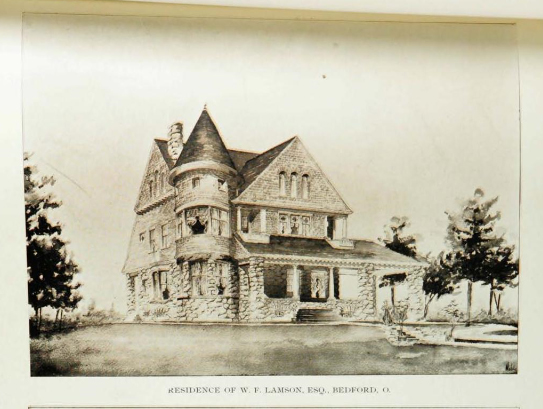Cleveland History
September 16, 1963: The Cleveland Public Library dedicated its new main building addition, significantly expanding its capacity and services. This event marked an important development in the library’s history, enhancing its role as a community and educational resource.
September 17, 1937: The Cleveland Arena, which became a prominent venue for sports and entertainment, officially opened. It hosted a variety of events including hockey games, basketball games, and concerts until its demolition in 1977.
September 18, 1955: Cleveland celebrated the opening of the I-480, known as the Outerbelt East Freeway, which improved traffic flow around the city and was part of broader post-war infrastructure improvements aimed at suburban development and connectivity.
September 20, 1972: The Cuyahoga River, famously known for catching fire due to pollution, was the focus of the first “Cuyahoga River Remedial Action Plan Workshop”. This workshop represented a significant step in ongoing efforts to clean and restore the river, crucial for the environmental health of the region.
September 21, 1920: The West Side Market, one of Cleveland’s oldest publicly owned markets, officially opened its current facility. This market has been a cornerstone of Cleveland’s cultural and culinary scene for over a century, offering a wide variety of fresh and specialty foods.
World History
September 16, 1620: The Mayflower set sail from Plymouth, England, carrying Pilgrims to what would become the Plymouth Colony in Massachusetts. This voyage is one of the key events in early American history, marking the beginning of large-scale European colonization in North America.
September 17, 1978: The Camp David Accords were signed by Egyptian President Anwar Sadat and Israeli Prime Minister Menachem Begin, facilitated by U.S. President Jimmy Carter. These accords led to a peace treaty between Israel and Egypt, the first such agreement between Israel and an Arab country.
September 18, 1981: France abolished capital punishment, marking a significant human rights milestone. The law was enacted under President François Mitterrand and Justice Minister Robert Badinter, aligning France with other European nations that had abandoned the death penalty.
September 20, 1519: Portuguese explorer Ferdinand Magellan embarked on his expedition from Spain. This journey would lead to the first successful circumnavigation of the Earth, dramatically altering European perspectives on the world and global navigation.
September 21, 1937: J.R.R. Tolkien’s “The Hobbit” was published. This novel introduced readers to a richly imagined world that would later be expanded in “The Lord of the Rings,” and it has had a profound influence on the fantasy genre.






